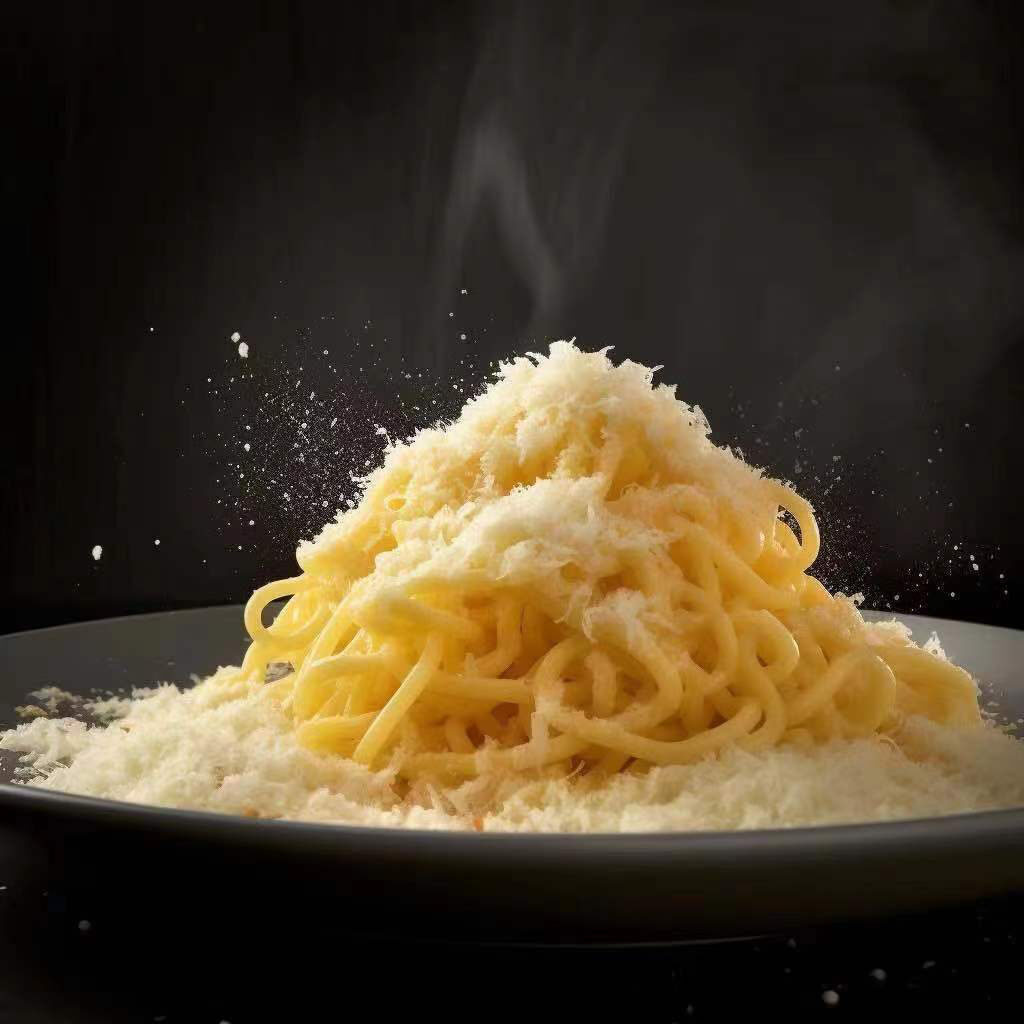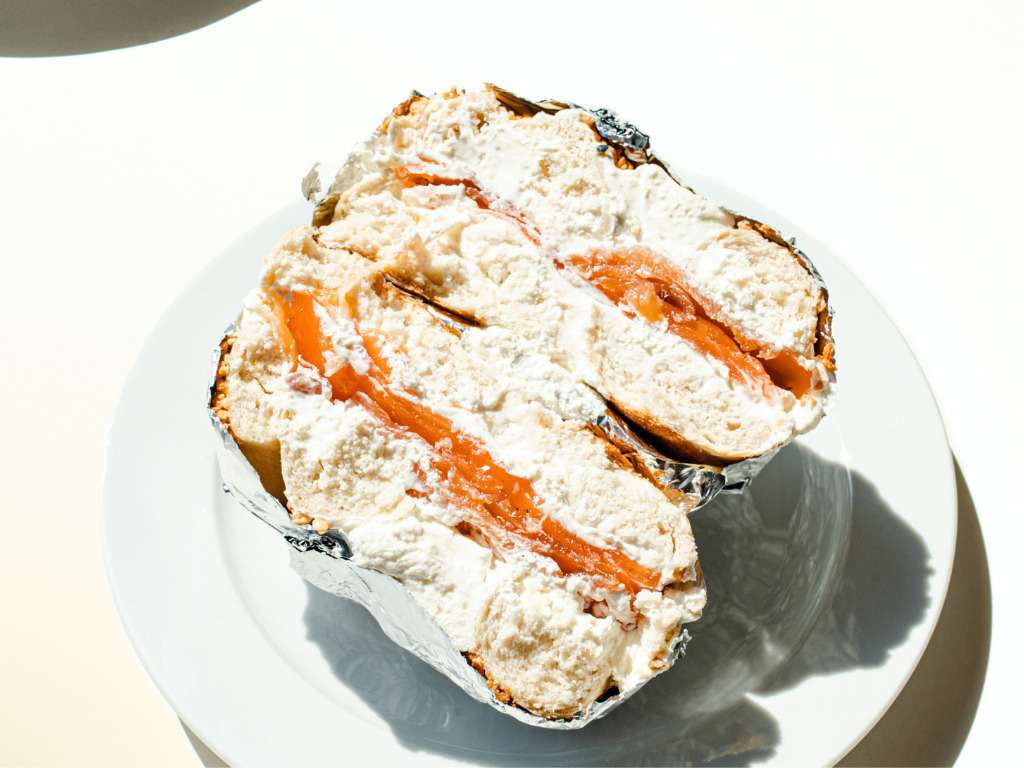Changing Bio Debuts Microbial Dairy: ‘There Is No Need for Vast Grasslands and Pastures’
3 Mins Read
Changing Bio has debuted its novel microbial protein-based cream and cheese made from yeast.
The products were launched at the 25th China International Bakery Exhibition, the world’s largest professional exhibition for the bakery food and sugar products industry. The news follows the company’s $22 million Series A funding round last year — the largest in China for a food tech company.
The products are identical to dairy in taste and texture but contain no animal ingredients. “These are not ‘precision fermentation’ products similar to the whey proteins made by startups like Perfect Day, which are biologically identical to those produced by cows,” says the Good Food Institute Asia Pacific (GFI APAC).
This is microbial fermentation of another ilk.
While food made from precision fermentation is not yet approved for sale in mainland China, Changing Bio’s first products tap into an existing food technology — “the protein-growing power of yeast, historically applied in staple foods like bread and pasta — in an entirely new way by producing one-to-one replacements for conventional dairy creams,” says GFI’s Ryan Huling.
Microbial protein
Luo Bin, chairman of the Synthetic Biology Special Committee of Shanghai Biomedical Industry Association and founder and CEO of Changing Bio, highlighted the potential of microorganisms in protein production.
“From raising a cow, it takes at least three or four years to obtain milk or beef, but the whole process of producing high-quality protein with microbial fermentation only takes dozens of hours,” Bin said. “There is no need for vast grasslands and pastures. Just one reaction tank can produce 400 tons of protein a year, which can meet the protein needs of 5,000-10,000 people.”

According to Bin, with 1,000 billion species of microorganisms on Earth, there are ample opportunities to obtain high-quality proteins. Microbial protein is expected to become a significant protein source alongside animal and plant protein, referred to as the “third pole.”
Microbial protein production and manufacturing processes reduce land use by 99 percent, greenhouse gas emissions by 94 percent, and water consumption by 99 percent compared to traditional animal and most vegetable protein sources. Microbial protein does not contain hormones, antibiotics, allergens, or chemical pesticides.
According to GFI, Changing Bio is not going direct to consumers for now. Instead, the company is working within the bakery industry to swap fermentation-derived creams for conventional dairy ones.
Kluvy strain
Changing Bio’s team of scientists has developed highly nutritious and versatile microbial strains; the first products utilizing the strain dubbed Kluvy include cheese, light-fat cream, and Parmesan powder. These products offer high-quality protein, low fat and carbon water content, high prebiotics, and high dietary fiber. The company says it can meet the market demand for healthier options in the baking industry, with comparable prices to traditional products.

According to Bin, the first microbial protein production line has started operations in Qingdao, with the potential for mass production this year. Changjin Biotechnology is not only focusing on microbial protein but Bin says the company has also achieved biosynthesis of “panda milk” through synthetic biology technology. The team is also exploring non-animal sources of novel whey protein such as “platypus milk” and “whale milk” using microbial recombinant protein biosynthesis.
While there may not be a platypus milk market demand, the company says that within 15 years alternative protein products synthesized by microorganisms, such as its cream and cheese, will capture approximately 22 percent of the market share, with the industry’s scale reaching around $290 billion.
According to GFI, if Changing Bio’s efforts are successful in a consumer market as enormous as China, “the climate and food security impacts could be monumental.”




